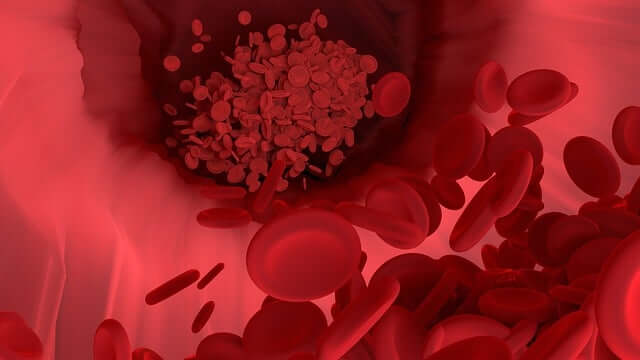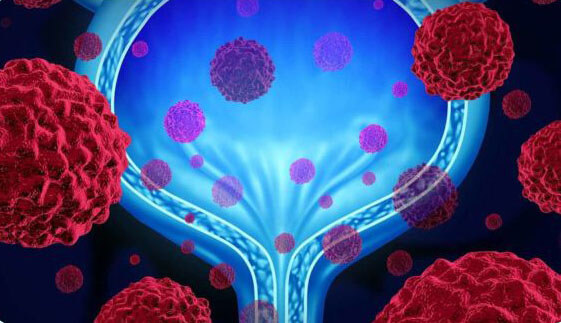
What Is the Bladder Tumor Antigen (BTA) Test Blood Test?
1. Introduction
The Bladder Tumor Antigen (BTA) test is a diagnostic tool used primarily to detect the presence of bladder cancer. Unlike traditional diagnostic methods such as cystoscopy, which is invasive and can be uncomfortable for patients, the BTA test offers a non-invasive alternative by analyzing urine samples for specific antigens associated with bladder tumors. This test is significant in the realm of oncology as it provides a less intrusive way to monitor bladder health, particularly for individuals at high risk for bladder cancer or those undergoing follow-up evaluations after cancer treatment.
Bladder cancer is a common malignancy affecting the urinary system, and early detection is crucial for effective treatment and improved patient outcomes. The BTA test aids in early diagnosis, which can lead to timely interventions and better prognosis. By identifying bladder tumor antigens in the urine, this test helps in detecting cancerous cells at an early stage, potentially before they become visible through imaging or cystoscopy.
2. Normal Range and Abnormal Results
The Bladder Tumor Antigen (BTA) test measures the concentration of specific proteins associated with bladder cancer in the urine. The normal range for the BTA test is typically defined as negative, indicating the absence of detectable levels of bladder tumor antigens.
Normal Range:
- Negative: No detectable bladder tumor antigens in the urine.
Abnormal Results:
- Positive: Presence of bladder tumor antigens in the urine.
An abnormal result, indicated by a positive test, suggests the presence of bladder tumor antigens, which may indicate bladder cancer. However, it is important to note that a positive BTA test result does not confirm bladder cancer definitively. Other conditions, such as urinary tract infections (UTIs) or inflammation, can also elevate BTA levels. Therefore, abnormal results require further diagnostic evaluation, including cystoscopy, imaging, and biopsy, to confirm the presence of cancer and to determine its stage and grade.
3. Common Conditions and Diseases Associated with Bladder Tumor Antigen (BTA) Test
The BTA test is primarily associated with the detection of bladder cancer. However, several other conditions can influence the test results, leading to both true positive and false positive outcomes.
Bladder Cancer:
- Description: Bladder cancer originates in the tissues of the bladder, often in the cells lining the bladder (urothelial cells). It is categorized into non-muscle invasive and muscle-invasive types.
- Symptoms: Hematuria (blood in urine), frequent urination, painful urination, pelvic pain, and back pain.
Urinary Tract Infections (UTIs):
- Description: Infections that occur in any part of the urinary system, including kidneys, ureters, bladder, and urethra.
- Symptoms: Strong, persistent urge to urinate, burning sensation during urination, cloudy urine, and pelvic pain in women.
Bladder Inflammation (Cystitis):
- Description: Inflammation of the bladder, often caused by infections or irritants.
- Symptoms: Frequent, painful urination, lower abdominal pain, and cloudy or strong-smelling urine.
Kidney Stones:
- Description: Hard deposits made of minerals and salts that form inside the kidneys.
- Symptoms: Severe pain in the side and back, pain during urination, and hematuria.
Benign Prostatic Hyperplasia (BPH):
- Description: Enlargement of the prostate gland, common in older men.
- Symptoms: Frequent urination, difficulty starting urination, weak urine stream, and inability to completely empty the bladder.
4. Test Procedure and Duration
The Bladder Tumor Antigen (BTA) test is a straightforward and non-invasive procedure that can be easily performed in a clinical setting. Here is an overview of the test procedure:
Test Procedure:
- Sample Collection: The patient provides a urine sample, preferably the first-morning urine, as it tends to have the highest concentration of bladder tumor antigens.
- Preparation: The urine sample is collected in a sterile container to avoid contamination.
- Testing: The collected urine sample is then analyzed in a laboratory using immunoassay techniques to detect the presence of bladder tumor antigens.
Duration: The actual collection of the urine sample takes only a few minutes. The laboratory analysis typically takes a few hours to a day, depending on the lab’s processing times. In most cases, results are available within 24 to 48 hours.
Preparatory Steps:
- Patients are usually advised to avoid vigorous physical activity and ensure adequate hydration before providing the urine sample.
- It is important to inform the healthcare provider of any ongoing medications or infections that might affect the test results.
5. Management and Treatment Options for Abnormal Results
When a BTA test yields abnormal results, indicating the presence of bladder tumor antigens, further diagnostic evaluations are necessary to confirm the presence of bladder cancer or other conditions. Management and treatment options depend on the underlying cause and the extent of the disease.
- Bladder Cancer Treatment: Treatment options include surgery (e.g., transurethral resection of bladder tumor, cystectomy), chemotherapy, radiation therapy, and immunotherapy.
- Urinary Tract Infections: Antibiotics are prescribed to treat bacterial infections. Pain relievers and increased fluid intake may also be recommended.
- Bladder Inflammation: Treatment involves addressing the underlying cause, such as infections or irritants. Antibiotics, anti-inflammatory medications, and lifestyle modifications may be suggested.
Lifestyle Interventions:
- Dietary Changes: Maintaining a healthy diet, staying hydrated, and avoiding irritants (e.g., caffeine, alcohol) can help manage symptoms and prevent recurrence.
- Regular Monitoring: Regular follow-ups and monitoring through urine tests and imaging are essential for patients with a history of bladder cancer or recurrent infections.
- Bladder Cancer: Homeopathic remedies such as Thuja, Conium, and Sabal Serrulata may be considered to support conventional treatments.
- UTIs and Cystitis: Remedies like Cantharis, Staphysagria, and Apis Mellifica can help alleviate symptoms and promote healing.
Surgical Interventions:
- Bladder Cancer: In cases of muscle-invasive bladder cancer, surgical removal of the bladder (cystectomy) may be necessary. Reconstructive surgery may follow to create a new way for urine to exit the body.
- Kidney Stones: Procedures like lithotripsy or surgical removal of stones may be required if they are too large to pass naturally.
6. Cost and Accessibility
The cost of undergoing a Bladder Tumor Antigen (BTA) test can vary depending on several factors, including geographic location, healthcare provider, and whether the patient has insurance coverage.
Approximate Cost:
- In the United States, the cost of a BTA test typically ranges from $50 to $200. This price can vary based on the laboratory and any additional fees for processing and consultation.
Factors Affecting Cost and Availability:
- Insurance Coverage: Health insurance plans may cover the cost of the BTA test, particularly if it is deemed medically necessary for cancer monitoring or diagnosis.
- Geographic Location: Prices may vary between urban and rural areas, and among different countries.
- Healthcare Provider: Costs can differ depending on whether the test is conducted in a hospital, clinic, or independent laboratory.
7. Prevention and Management of Related Conditions
Preventing conditions associated with abnormal BTA test results involves adopting healthy lifestyle practices and regular medical check-ups. Here are some steps for prevention and management:
Prevention Tips:
- Regular Screening: Individuals at high risk for bladder cancer (e.g., smokers, those with a family history of bladder cancer) should undergo regular screening.
- Hydration: Drinking plenty of water helps flush out toxins and reduces the risk of urinary tract infections and kidney stones.
- Avoiding Irritants: Limiting exposure to bladder irritants, such as smoking, alcohol, and certain chemicals, can reduce the risk of bladder cancer and inflammation.
- Diet and Exercise: Maintaining a balanced diet rich in fruits and vegetables, along with regular physical activity, supports overall urinary health.
Managing Blood Sugar Levels:
- Although not directly related to the BTA test, managing blood sugar levels is crucial for overall health. Uncontrolled diabetes can contribute to urinary tract infections and other complications.
General Health Tips:
- Regular Medical Check-ups: Routine visits to a healthcare provider ensure early detection and management of potential health issues.
- Medication Adherence: Following prescribed treatments and medications as directed by a healthcare provider is essential for managing conditions like bladder cancer and UTIs.
- Stress Management: Practices such as mindfulness, yoga, and relaxation techniques can help reduce stress and support overall well-being.
Disclaimer:
The information provided in this article is for educational purposes only and is not intended as medical advice. Always consult with a healthcare professional or medical laboratory technologist for accurate diagnosis and treatment of any medical conditions.
Why Lab Insights explanations are different
We translate common blood tests and reports into plain language so you understand what each value means before you talk to your doctor.
Lab ranges and decisions are individual. Only your treating doctor can interpret your reports and advise on treatment changes.
Similar Posts You may also like

Brain Natriuretic Peptide (BNP) Blood Test

Basic Metabolic Panel (BMP) Blood Test
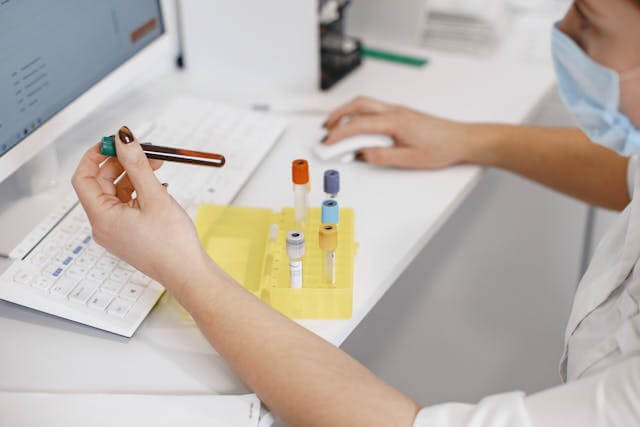
Hemoglobin A1c (HbA1c) Blood Test
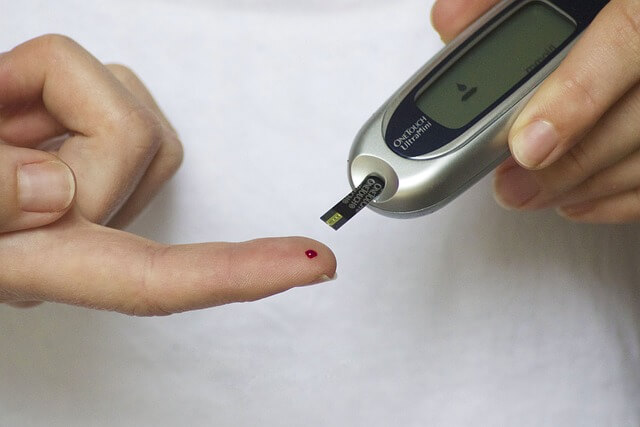
Insulin Test Blood Test: Conditions and Diseases
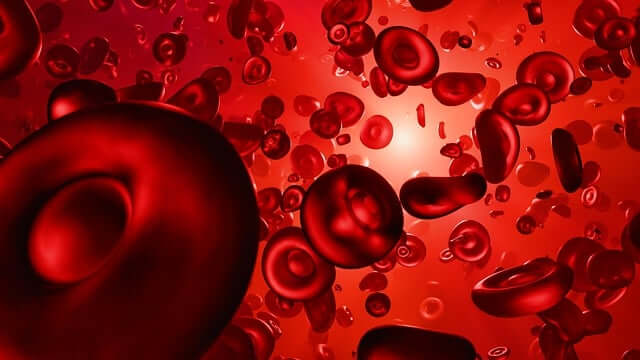
Mean Corpuscular Hemoglobin Concentration (MCHC)
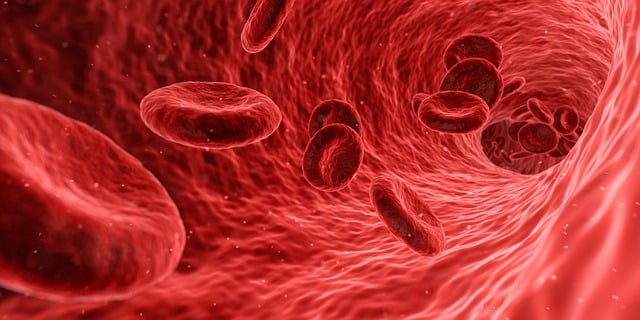
Complete Blood Count (CBC) Blood Test
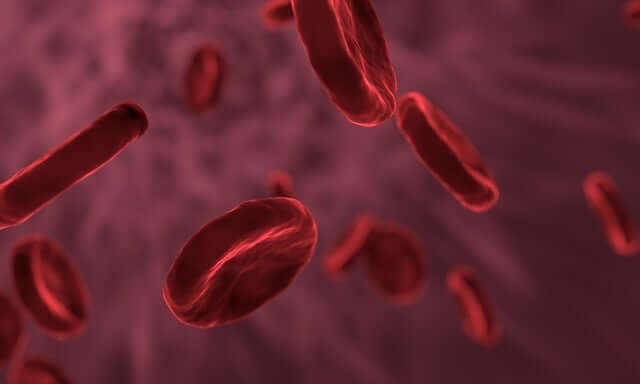
Hematocrit Test: A Comprehensive Guide

Mean Corpuscular Volume (MCV) Blood Test: A Comprehensive Guide
